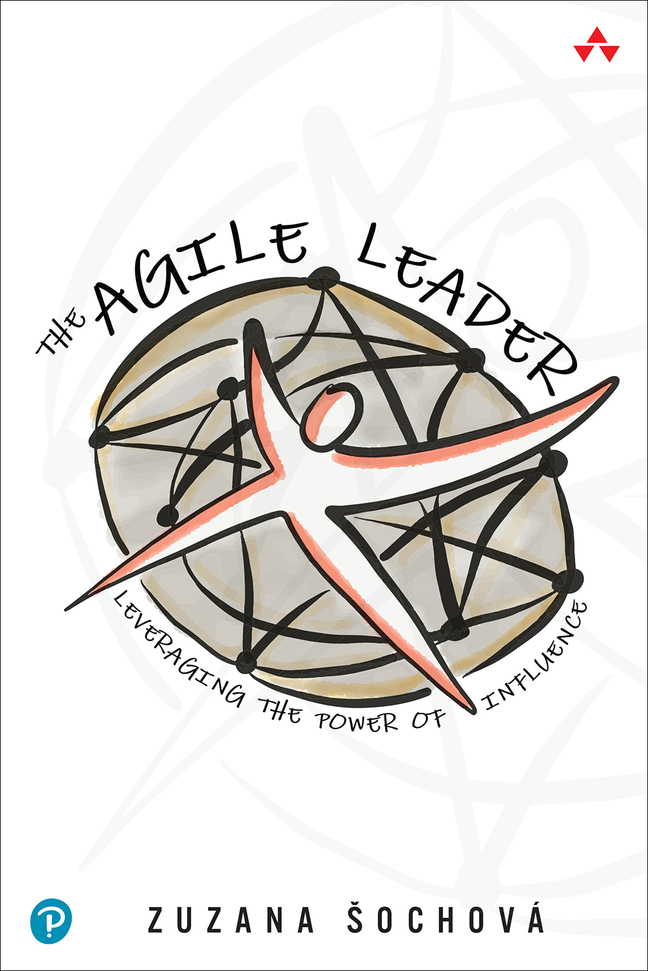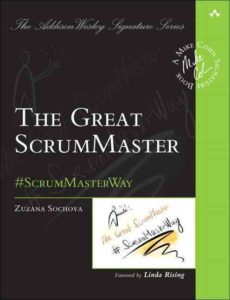One of the biggest shifts in the agile world is from output to outcome or in other words from being busy to achieving something meaningful. It looks simple. If we plan it well, the two are supposed to be the same, right? So, what’s the problem?
The more we deal with complex problems, the more possible solutions are available, and the harder it is to find the right one, that will bring the business value. We have so many options and it’s hard to evaluate their impact.
Let me give you an example. Imagine you’re having a gaming company. The company creates free games for mobiles which you can just download and enjoy playing. So how do they get money as a company? They make their players buy something at the game store. In a traditional environment, somebody smart has an idea to build more items for the game store to get more money. And the teams in traditional environments are done when they implement the feature that it’s up and running in the store. No bugs, it works, and they implemented it that fast, according to their estimates. That’s how success is defined in the traditional environment. We don’t question the plan, we just deliver as fast as we can.
In the Agile world, the implementation is just a prerequisite. We don’t do it so that we have it, we do it because we want to achieve a business value. Now how do we know if we achieved a business value? Well, that’s a bit tricky right? It’s much harder to measure value than to measure velocity. To be able to get a sense that we are delivering value, we need to have a good relationship with our customers and get frequent feedback to know if we are going in the right direction. As an example of value metric, the team can start measuring things like how many people bought this new item in the game store and if it’s growing, they call it a success. Value was delivered. But that might not be the real value either as you might realize people only bought it once and never again, and then it was actually a waste of your money implementing it. So you improve the metric and start measuring things like returning customers and if it grows you call it a success.
And after focusing on value metrics for some time, you realize that more features don’t necessarily bring more value. You can implement ten new items to your game store and people might even stop playing the game as they say it’s confusing. In a complex world, more doesn’t mean better. So stop focusing on speed. Stop caring about velocity. The only important thing in nowadays constantly changing complex world is to be able to inspect and adapt quickly based on the feedback. Measure value, not effort.

 Learn more about transforming organizations, leadership, and culture with Agile & Enterprise Coaching. Check our Scrum and Agile training sessions on Sochova.com. Grab a copy of The Great ScrumMaster: #ScrumMasterWay book and The Agile Leader: Leveraging the Power of Influence book.
Learn more about transforming organizations, leadership, and culture with Agile & Enterprise Coaching. Check our Scrum and Agile training sessions on Sochova.com. Grab a copy of The Great ScrumMaster: #ScrumMasterWay book and The Agile Leader: Leveraging the Power of Influence book.
Disclaimer: All I write on this blog is purely personal and has no relation with any position I have, used to have or will have in the future.
